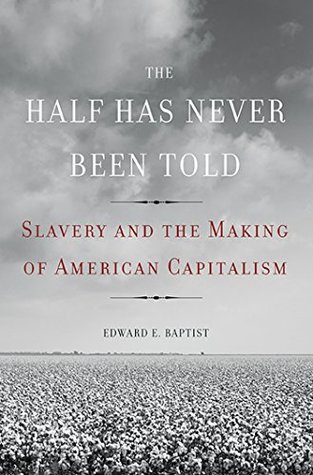abolitionists had depicted slavery not only as a psychopathic realm of whipping, rape, and family separation, but also as a flawed economic system that was inherently less efficient than the free-labor capitalism developing in the North. Proslavery writers disagreed about the psychopathy, but by the 1850s they agreed that enslavers were first and foremost not profit-seekers. For them, planters were caring masters who considered their slaves to be inferior family members. So although anti- and proslavery conclusions about slavery’s morality were different, their premises about
...more
Welcome back. Just a moment while we sign you in to your Goodreads account.


